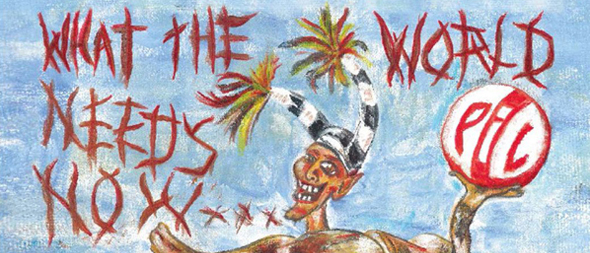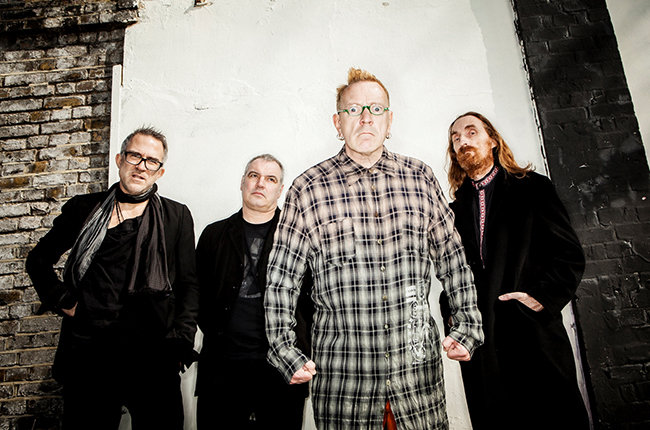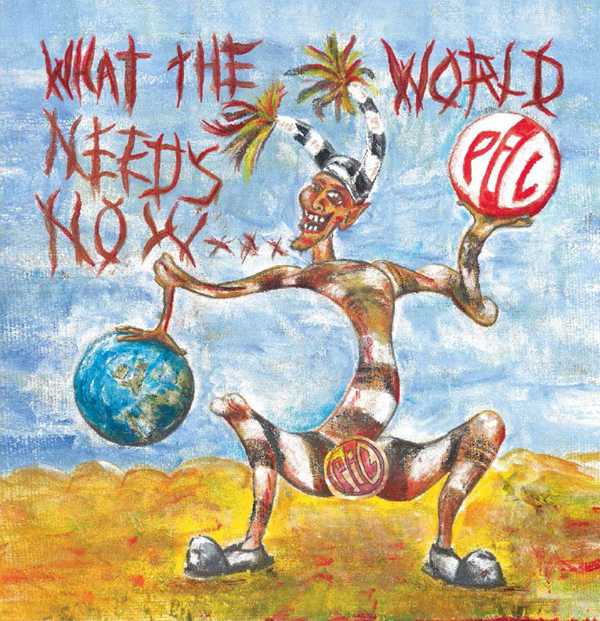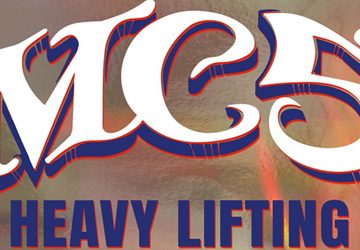So many articles and books have been written about the Sex Pistols being the catalyst of the so-called Punk Rock revolution, and that is not an exaggeration. Soon after its inception in 1975, through its eventual dissolution in 1979, and onto this day, the popular English band remains to be a potent and influential icon not only to many of the band’s contemporaries, but also to a big number of artists who blossomed in the decades that followed. To think that the Sex Pistols released only a single studio album, 1977’s Never Mind the Bollocks, Here Comes the Sex Pistols, in their tumultuous existence, their impact on the global Rock and even Pop music scene is really tremendous.
On one hand, that recognition is well-deserved; the band’s fractious style had indeed directly influenced a handful of artists who eventually became icons and influential themselves—such as members of Joy Division/New Order, The Damned, Generation X, The Cure, and Siouxsie & the Banshees to name a few; as well as bands from other genres, like Megadeth, Anthrax, and Motörhead. Yes, the Sex Pistols had inspired in various ways a wide array of individuals and had unwittingly changed the landscape of Rock music in the late ’70s. To this day, the do-it-yourself ethos that originated from that musical revolution that became widely known as Punk continues to inspire many artists and fans of various genres. However, musically speaking, what John Lydon (a.k.a. Johnny Rotten, the figurehead of Sex Pistols) has concocted with his post-Pistols band, Public Image Ltd., is arguably more substantial and sophisticated in terms of stylistic diversity. In Public Image Ltd., Lydon gets to explore and exploit his myriad of musical influences that included Glam Rock (T. Rex, New York Dolls), Art Pop (David Bowie), ’60s Progressive Rock (Van der Graaf Generator), Krautrock (Can), Jazz Fusion (Miles Davis), and Reggae/Dub (Bob Marley & the Wailers). While simplicity and abrasiveness was what he rode on in with Sex Pistols, sophistication and grooviness became his badge in his next musical journey.
Lydon formed Public Image Ltd. in 1978 in London, England, with Guitarist Keith Levene and Bassist Jah Wobble, soon after he quit Sex Pistols. Whereas the music of the Sex Pistols was straightforward, minimalist, and anti-establishment, that of Public Image Ltd. is more structured, diverse, and well-produced, albeit still confrontational—best characterized by bouncy and circular bass riffs; funky and angular guitar strums; a hint of synthesizer sounds and loops; and stinging lyrics sung in the typical sneery, ranting, high-pitched vocal styling of Lydon.
To date, Public Image Ltd.’s discography consists of nine albums, but come September 4, Public Image Ltd., with Lydon being the sole original member, is slated to release its much-anticipated tenth studio oeuvre. Entitled What the World Needs Now, it definitely does not disappoint. All the ingredients of what a good (or should it be infamous?) Public Image Ltd. album should be and what any fan could expect from Lydon were all artfully thrown in the box.
The eleven-track What the World Needs Now opens lyrically without any courtly ado—typical of Lydon’s so-called Rottenism, as he begins the Dub-sounding, angular-guitar-heavy “Double Trouble” with the line “What, you fucking nagging again?” and ends it with “I want the trouble.” Musically, the song’s confrontational character can find affinity with The Ramones’ 1987 songs “Worm Man” and “I Lost My Mind.”
Following next is “Know Now,” a slightly alliterative tongue-twister that draws its strength from the sharp sound of the guitars. The aggressive mood disappears for a moment with the melodic quality of “Bettie Page,” which finds Lydon seemingly invoking his Bowie-esque vocal influence. The next track, “C’est la Vie,” has a sinister shade, with its slow tempo, subtle Gothic-flavored guitars, and sparse synth shadows. “Spice of Choice” carries a similar dark atmosphere, albeit the beat is a bit faster. “The One” is definitely the album’s finest sunny and sugary Pop moment—danceable, groovy, playful, mellifluous, engaging, and friendly.
Not out of place in the company of anything from In the Flat Field (1980), “Big Blue Sky” is another Gothic preoccupation, complete with an Aboriginal chant in the intro and a Peter Murphy/Bauhaus-style of vocal delivery that turns into something surprisingly romantic and yearning in the chorus.
The aptly titled “Whole Life Time” is an epitome of Lydon’s definitive musical style that best characterizes much of his works with Public Image Ltd.—a mix of Dub-influenced simplistic, mono-chordal bassline; looped drumbeat; minimal guitar embellishment; and his distinctive partly narrated, partly sung, and partly yelled vocal styling. “I’m Not Satisfied” belongs to a similar vein, and it harks to the urgency of Public Image Ltd.’s 1987 song “Open and Revolving.” Then there is “Corporate,” another simple-structured, slow-tempo rant song whose lyrical theme is obviously a stab on the “murderous” establishment or corporate world—one of Lydon’s pet peeves. The album ends with the hypnotic Chill-Out and Trip-Hop track “Shoom,” in which Lydon sings “What the world needs now” and then finishes the song unapologetically with a naked “Fuck off!”
Overall, What the World Needs Now is what fans of Post-Punk music really needs now—a new masterpiece from one of the legendary icons of the genre that has all the lovable and loathsome trademarks of Lydon and the makings of a future classic album. CrypticRock gives this album 4 out of 5 stars.







No comment